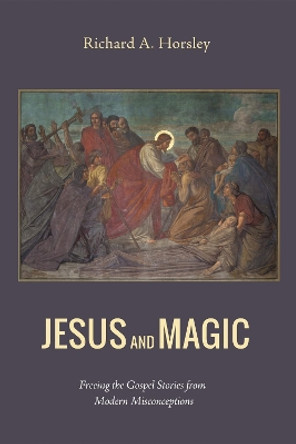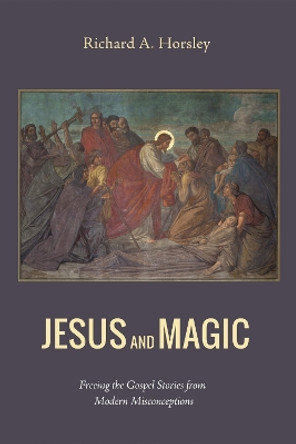Description
This work addresses the standard assumptions that the historical Jesus has been presented primarily as a sage or apocalyptic visionary. In contrast, based on a critical reconsideration of the Gospels and contemporary sources for Roman imperial rule in Judea and Galilee, Horsley argues that Jesus was fully involved in the conflicted politics of ancient Palestine. Learning from anthropological studies of the more subtle forms of peasant politics, Horsley discerns from these sources how Jesus, as a Moses- and Elijah-like prophet, generated a movement of renewal in Israel that was focused on village communities.
Following the traditional prophetic pattern, Jesus pronounced God's judgment against the rulers in Jerusalem and their Roman patrons. This confrontation with the Jerusalem rulers and his martyrdom at the hands of the Roman governor, however, became the breakthrough that empowered the rapid expansion of his movement in the immediately ensuing decades. In the broader context of this comprehensive historical construction of Jesus's mission, Horsley also presents a fresh new analysis of Jesus's healings and exorcisms and his conflict with the Pharisees, topics that have been generally neglected in the last several decades.
About the Author
Richard A. Horsley was Distinguished Professor of Liberal Arts and the Study of Religion at the University of Massachusetts, Boston, USA. He is a prolific author with twenty New Testament studies to his credit, including Scribes, Visionaries, and the Politics of Second Temple Judea.
Book Information
ISBN 9781611172935
Author Richard A. Horsley
Format Hardback
Page Count 216
Imprint University of South Carolina Press
Publisher University of South Carolina Press







